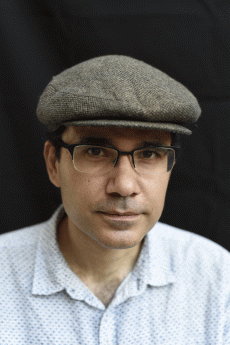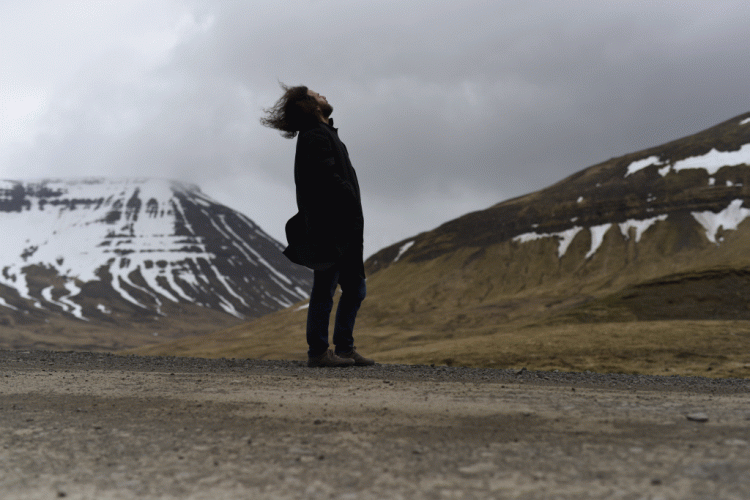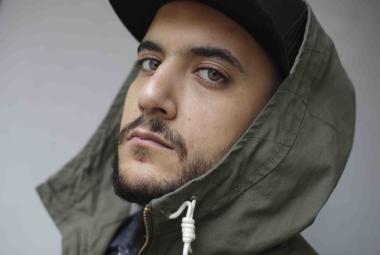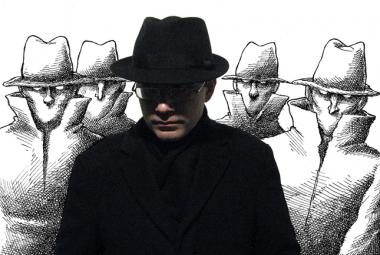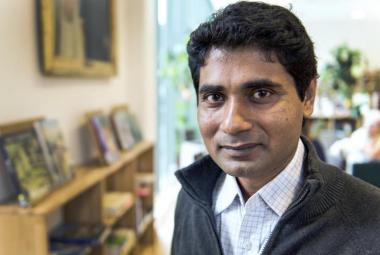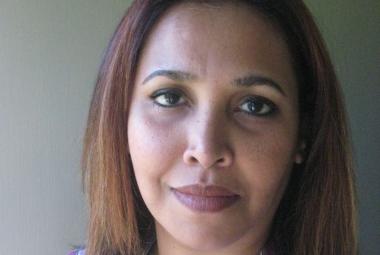Forbidden Voices – the battle for freedom of expression
The freedom to express yourself, conscious that this is a basic human right, is for many people in this world not self-evident. ICORN writers and artists in residence have all had to flee their countries, their homes. Not because they wanted to, but because it became dangerous to stay.
Saturday 27 May, the Norwegian daily, Stavanger Aftenblad, started a series called Forbidden Voices – the battle for freedom of expression. They have visited five ICORN residents in their cities of refuge, and then visited their home countries, to look into the terms of freedom of expression and how some people dare to speak even when it can cost them their lives.
Around the world with those who leave and those who stay
With strong support from their newspaper, and from the Fritt Ord foundation, the two reporters from Stavanger Aftenblad, Jan Zahl and Finn Våga, began the project a year ago.
- We wanted to make more than just the regular reportage about the individual person who had to flee. We also wanted to visit the countries they left, the atmosphere they no longer were able to be part of. And we have met those who have chosen to stay and continue the struggle in spite of the imminent danger they face because of their work. We have met people with strong stories, people who risk their lives when they speak, write, draw and blog.
Jan Zahl, journalist, Stavanger Aftenblad

- We are very exited about this project. Stavanger Aftenblad, Zahl and Våga have invested an impressive amount of time and resources into telling the stories of the ICORN writers and artists, and for this we are grateful. Spending a whole day in the company of each of them, Orlando, Ratan, Khaled, Sonali and Mana, and then visiting their homes, their friends, families and colleagues, does not only provide a significant view into the challenges of exile and of living in a country where freedom of expression and other basic rights are restricted, it gives an intimate insight into the complexity of considerations that lie behind the decision to stay or to leave your home – and why they continue to speak in spite of imminent danger to their lives. We sincerely hope that the series will be widely read and hopefully it'll also be translated into English, to enable an even larger public to be acquainted with these great people.
Helge Lunde, Director of ICORN
The project was presented to the participants during the ICORN Network Meeting in Lillehammer earlier June this year.
The series are available digitally at Stavanger Aftenblad, and a podcast, Forbudte stemmer - kampen for ytringsfriheten (Forbidden voices - the fight for freedom of expression), has also been produced. Here are five teasers to the series and links to the articles and podcasts. All are currently in Norwegian.
The island leaper - Orlando Luis Pardo Lazo
One day, the young Cuban Orlando Luis Pardo Lazo was called to his manager’s office. He was fired, and later had to leave Cuba. What did a legendary party of chess in Iceland in 1972 have to do with this?
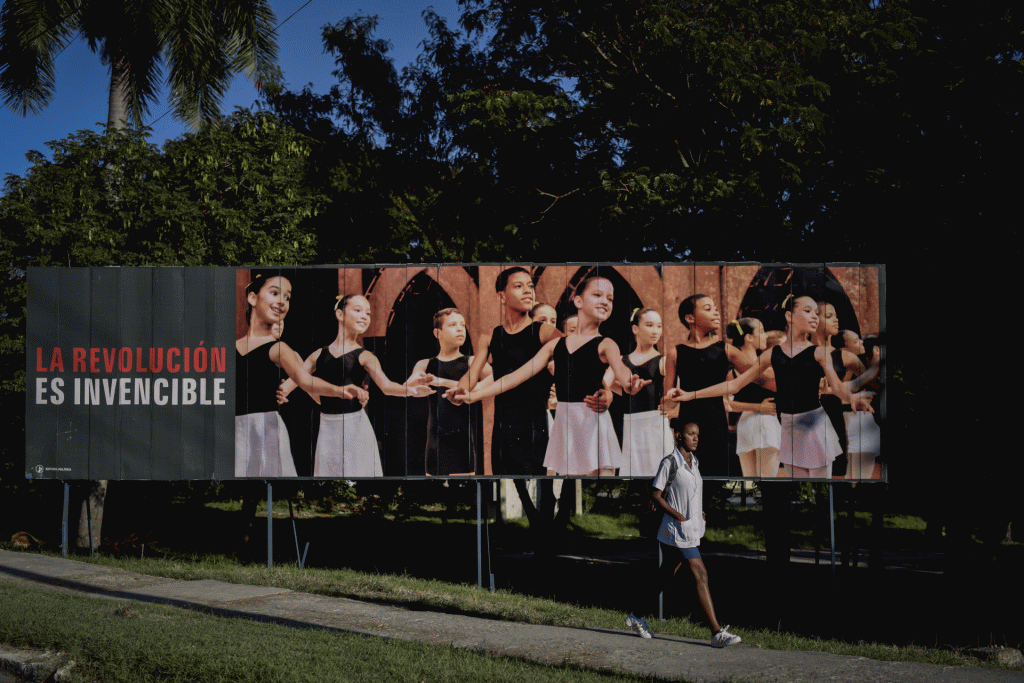
One day in April 1999, Orlando was called into his boss’ office in Havana. A few minutes later, the young biochemist was out of a job. His academic career was in shambles. Orlando had thought it would be possible to think and talk freely about Fidel Castro’s Cuba amongst other scientists. But it was not. Orlando could no longer be trusted. He started writing, taking photographs. He published books, won awards – and was arrested several times, defined as a dissident.
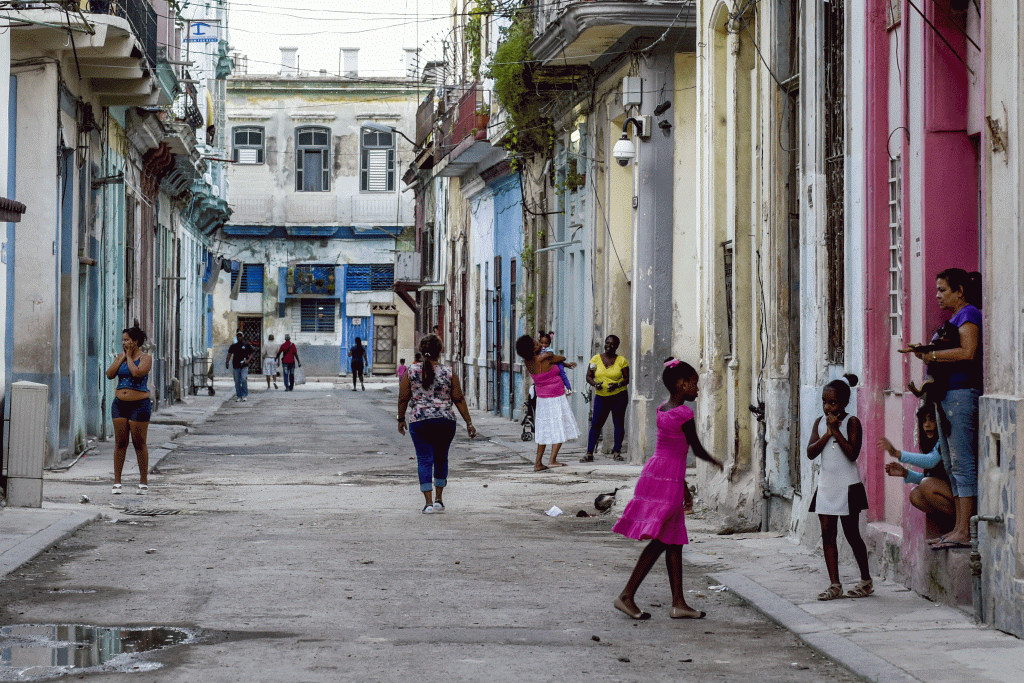
Orlando left Cuba for the US in 2013. He was an ICORN writer-in-residence in Reykjavik, Iceland in 2015-2016. He is currently a graduate Ph.D. student in Comparative Literature at Washington University in St. Louis, USA.
Article: Øyhopparen frå Havanna (1 Norwegian krone for 1 month access)
Podcast: Øyhopparen frå Havanna (free access)
In the shadow of death - Ratan Kumar Samadder
Imagine that your name appears on a death list. Others on the list, people you know, are killed in open streets with a machete. Would you go home and tell your wife that your name is on that list?
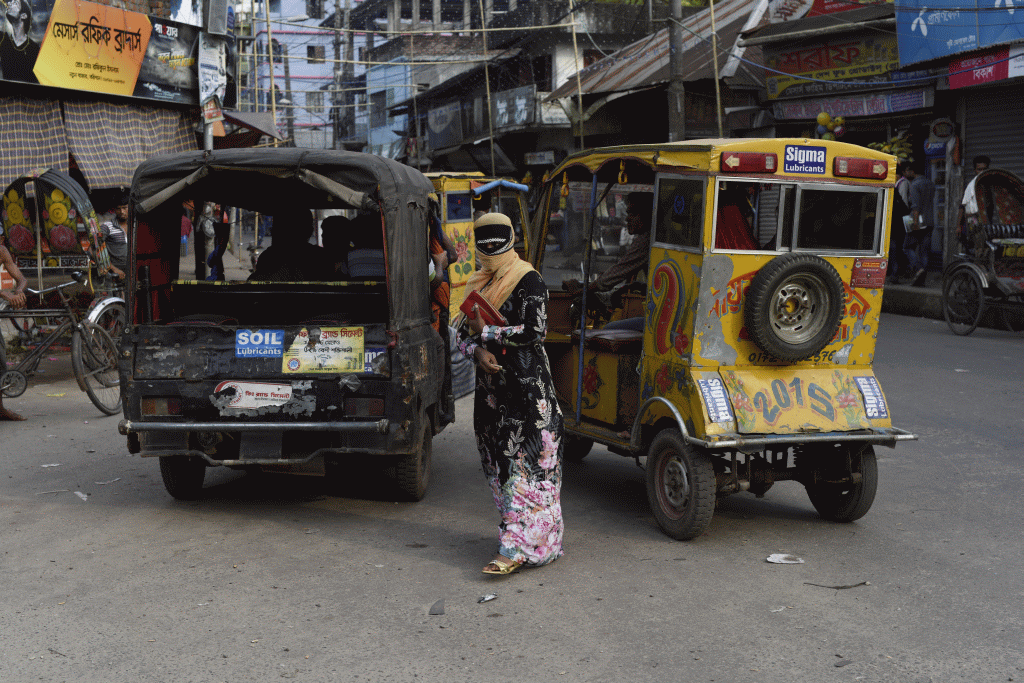
What would you do if your name suddenly appeared on a death list? Would you have kept it a secret? Ratan Kumar Samadder was a bank manager. At night, he was a popular blogger. He criticized the rise of Islamic fundamentalism and associated violence in Bangladesh, called for secularism and social justice in politics and education, and blogged about what he believed was wrong in Bangladesh society. He did not use his name, but somebody found out who he was, and put him on a death list. Islamic extremists in Bangladesh have killed several bloggers and writes in recent years. Very few of the attackers have been imprisoned.
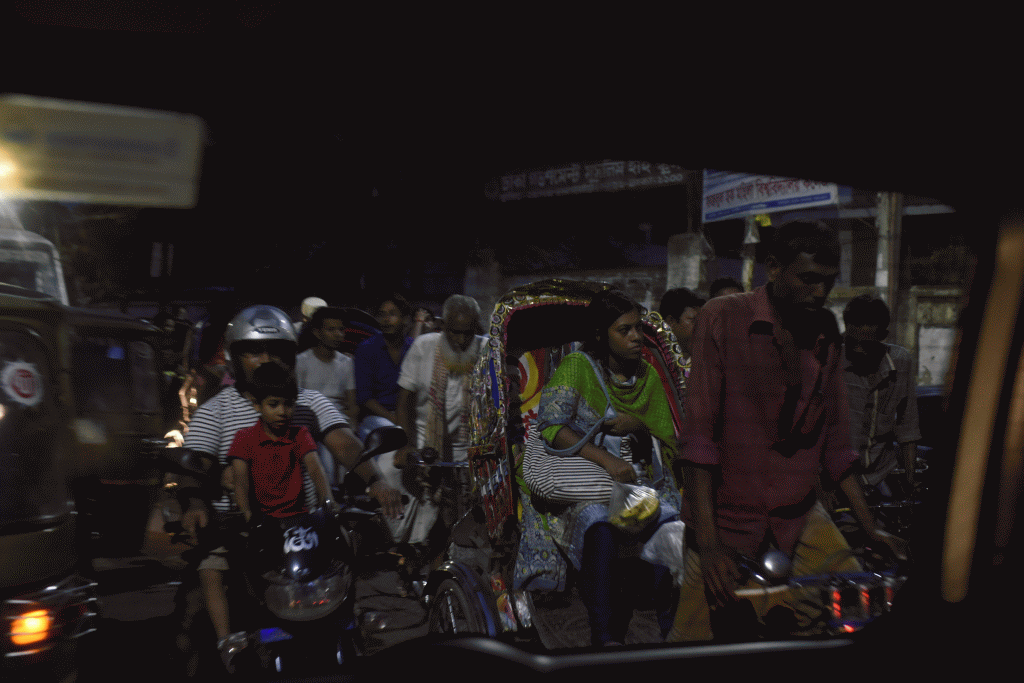
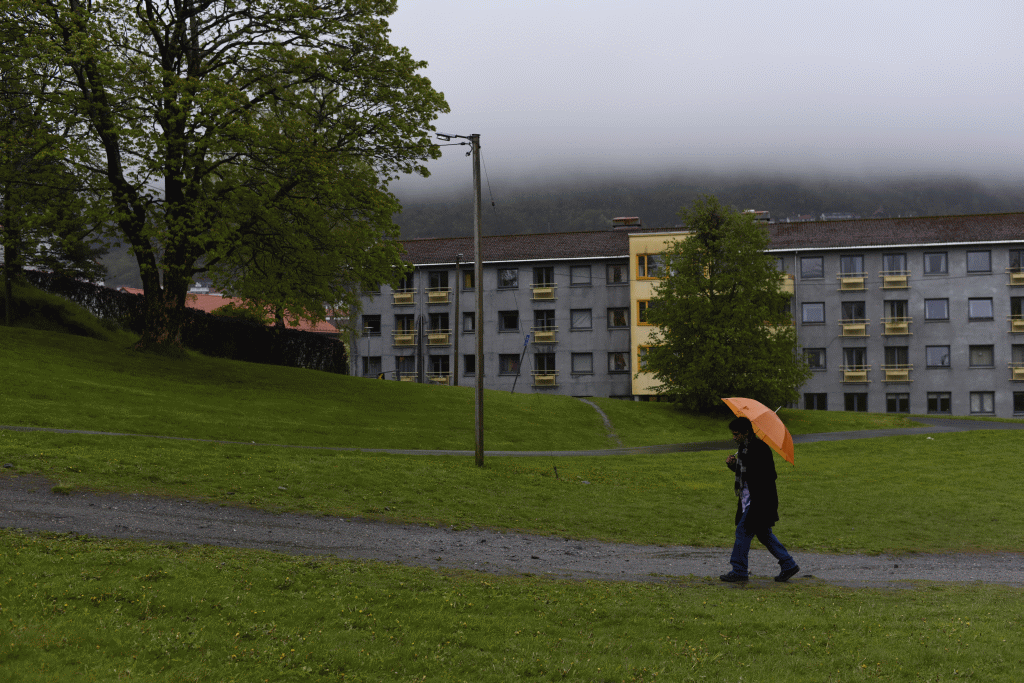
Ratan has lived with his family in Bergen since 2015. He still blogs.
Article: I skuggen av døden (1 Norwegian krone for 1 month access)
Podcast: I skuggen av døden (free access)
From bombs to beats - Khaled Harara
When Khaled Harara realised that the car he was in was on its way to the police station, he was superhappy. He had feared something much worse. That they would take him to a remote area outside town, shoot him and leave him in a ditch. That Hamas would set an example. Show what happens to people who performs the music of the devil, rap, in Gaza.
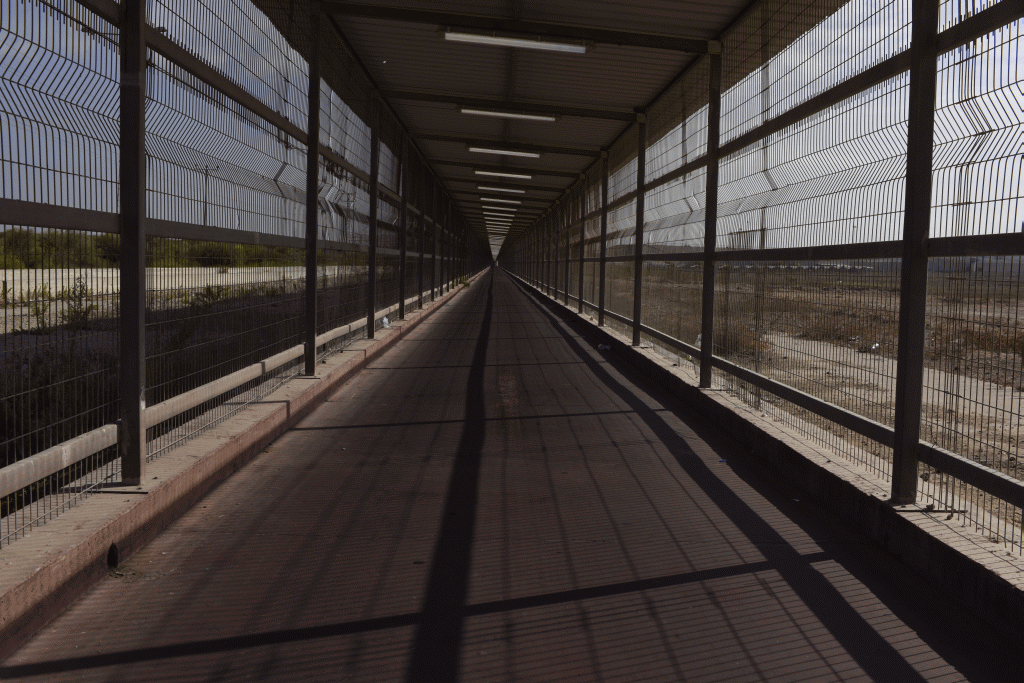
Rap music was never very popular with Hamas, the Palestinian organization ruling in Gaza. Still, Khaled and his hip-hop friends embraced the music. They used it as a means of expression and to create a discussion about the political situation in Palestine. And at the same time critizing the lack of freedom of expression under the Hamas rule. After one of his concerts, Khaled was arrested. He was forced to sign a paper where he promised that he would respect Hamas rules.
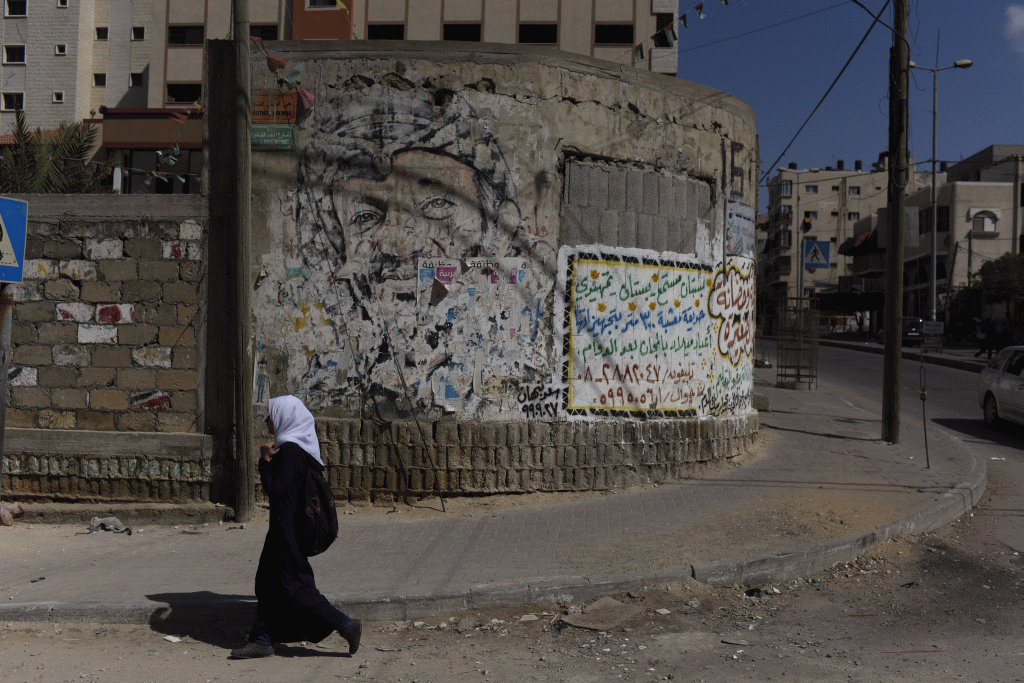
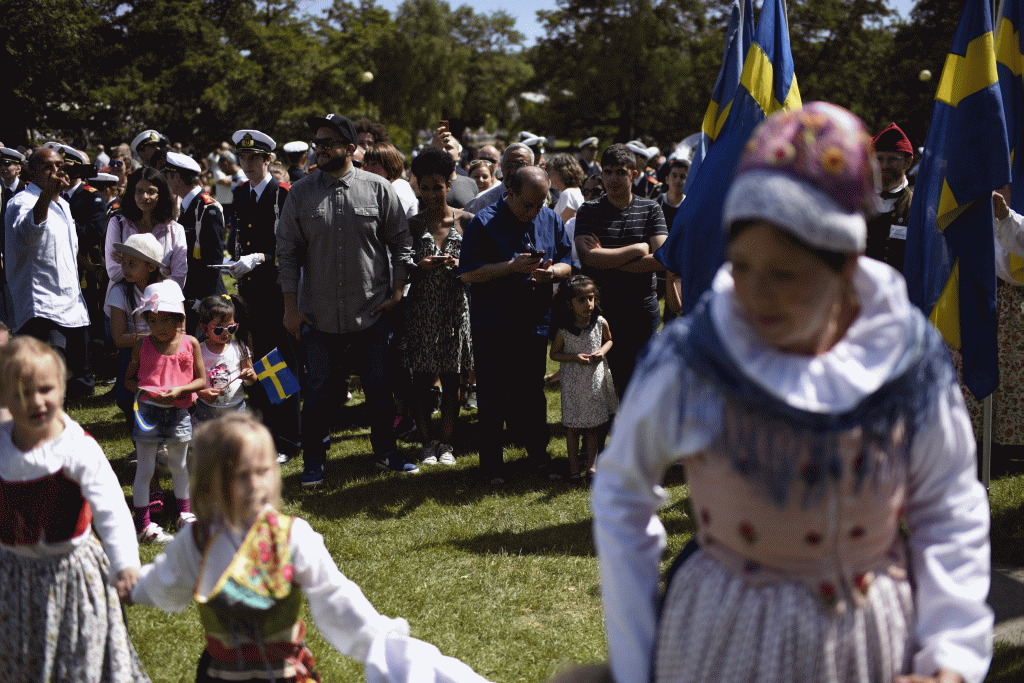
Khaled came to Gothenburg with the ICORN programme in 2013, where he still lives.
Article: Trudde dei skulle skyta han og dumpa han i ei grøft (1 Norwegian krone for 1 month access)
Podcast: Trudde dei skulle skyta han og dumpa han i ei grøft (free access)
The mystery in Colombo - Sonali Samarasinghe
In September 2016, a grave is opened in Sri Lanka. From the grave, rises a skeleton dressed in suit. In New York, is widow of the editor in the grave, who wonders if she will finally learn who killed her husband.
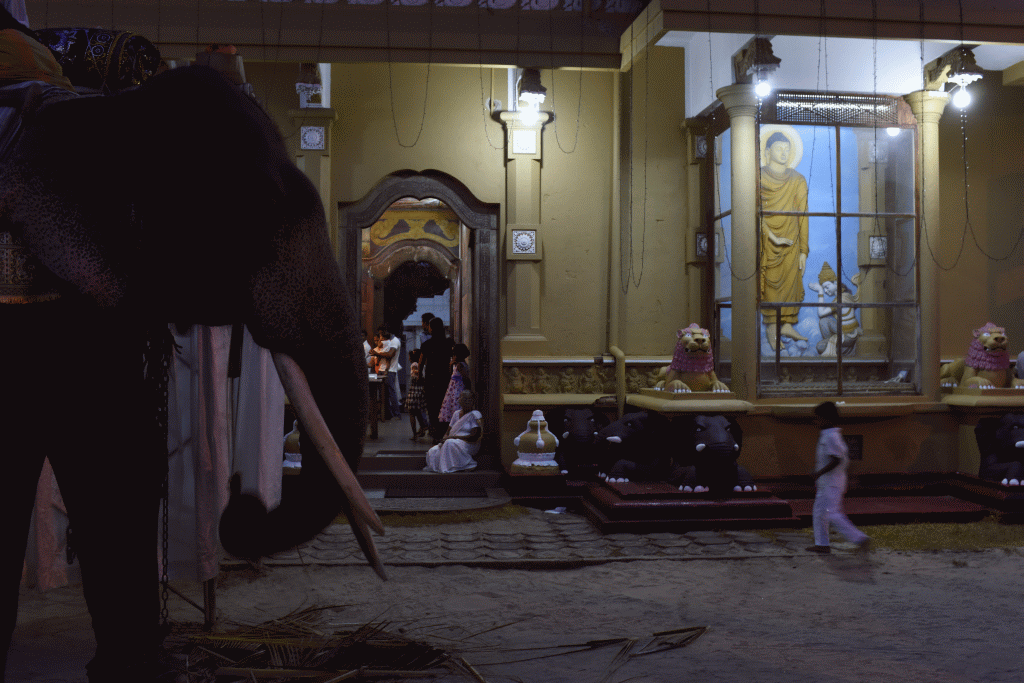
Sonali had been married for 12 days when her husband Lasantha Wickrematunge was brutally murdered. Sonali and Lasantha were both members of a small group of critical and fearless investigative journalists in Sri Lanka, an island scarred by decades of conflict and with an increasingly authoritarian president. Fearing for her own life, the award-winning journalist left Sri Lanka a few weeks after her husband’s murder in January 2009.
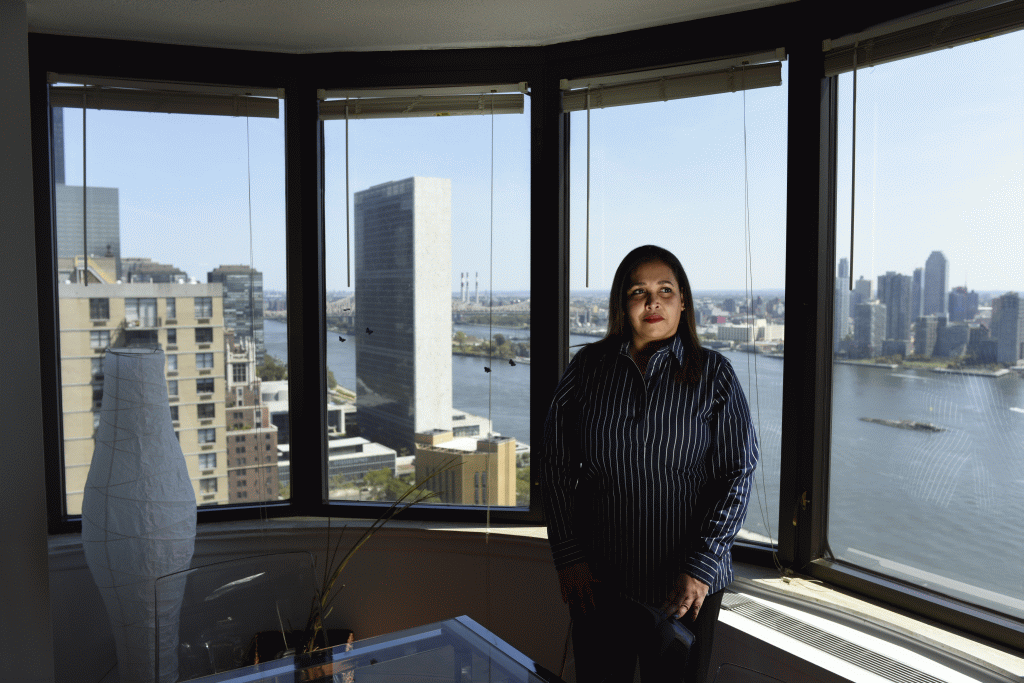
Sonali was ICORN writer in Ithaca, New York, in 2012-2014. She currently works as a diplomat for Sri Lanka’s new government in the United Nations in New York.
Article: Mysteriet i Colombo (1 Norwegian krone for 1 month access)
Podcast: Mysteriet i Colombo (free access)
Kafka and I – Mana Neyestani
In Paris sits a self-declared coward. Mana Neyestani understood that he was living a dangerous life drawing satirical cartoons in Iran. So, he stopped. He started drawing innocent cartoons for children instead. But one day, he wrote a word into one of the children’s’ cartoons. One innocent word. And hell broke loose.
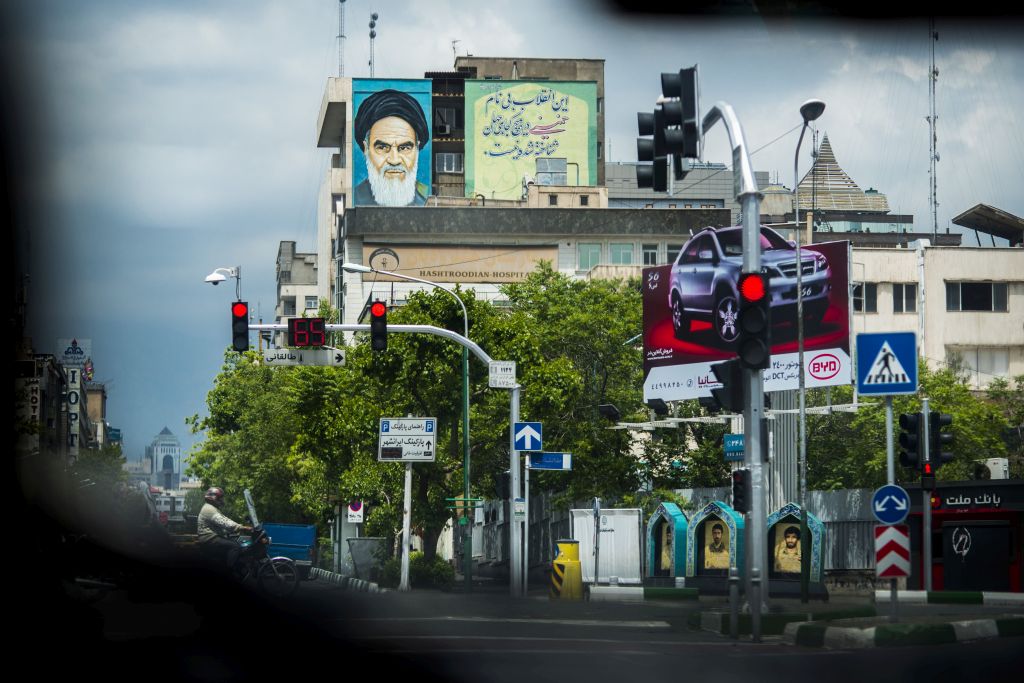
One word from a small cockroach in a children’s magazine. Suddenly riots broke out and many people were killed. Mana Neyestani from Teheran is an award-winning cartoonist. He was imprisoned for three months in 2006 after a single cartoon frame highlighted the plight of the minority Azeri community in northwestern Iran. He fled while still awaiting trial. In his autobiographical graphic novel, Metamorphosis: The Iranian way, he describes the dramatic events that forced him and his wife on the run for years, through many countries.
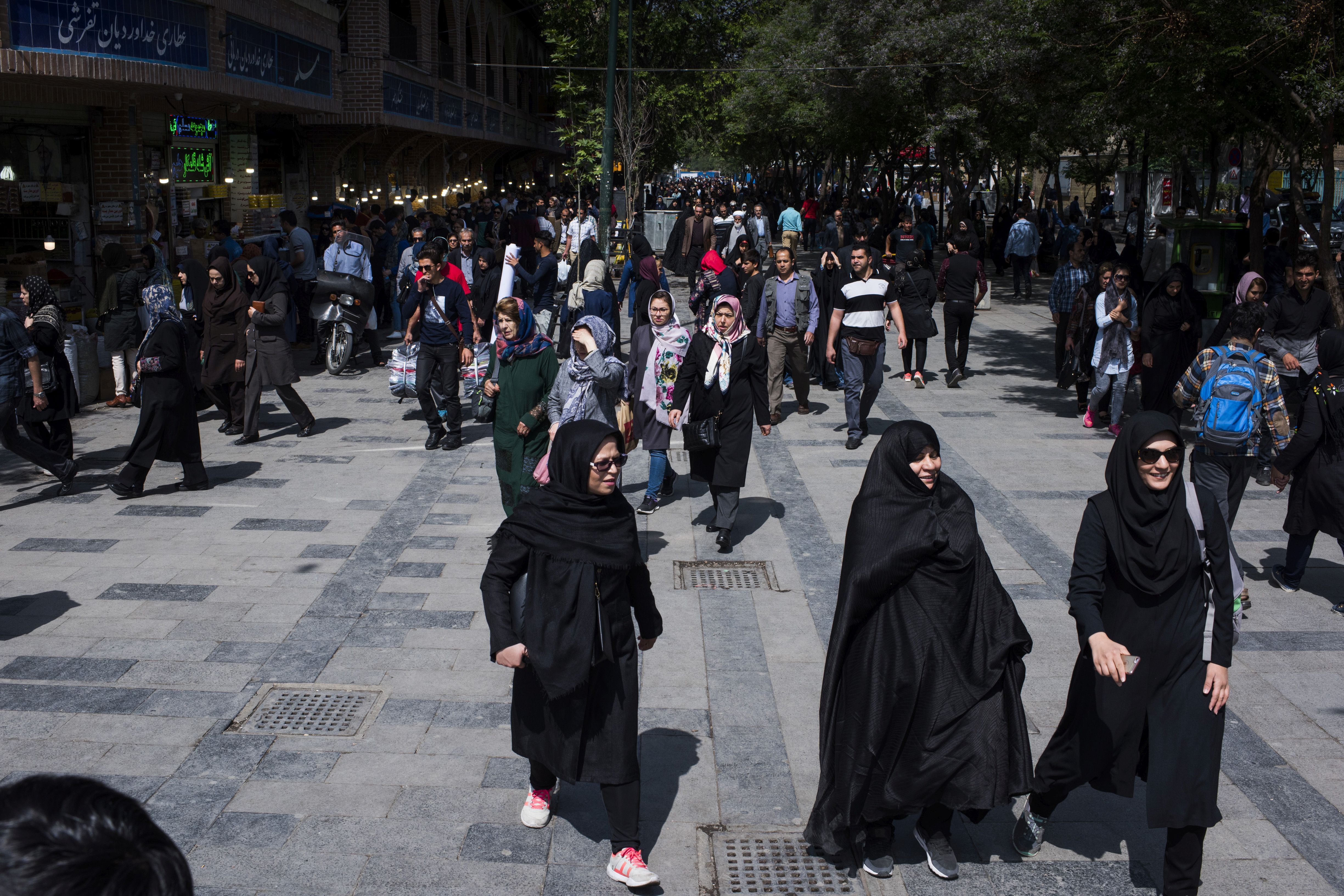
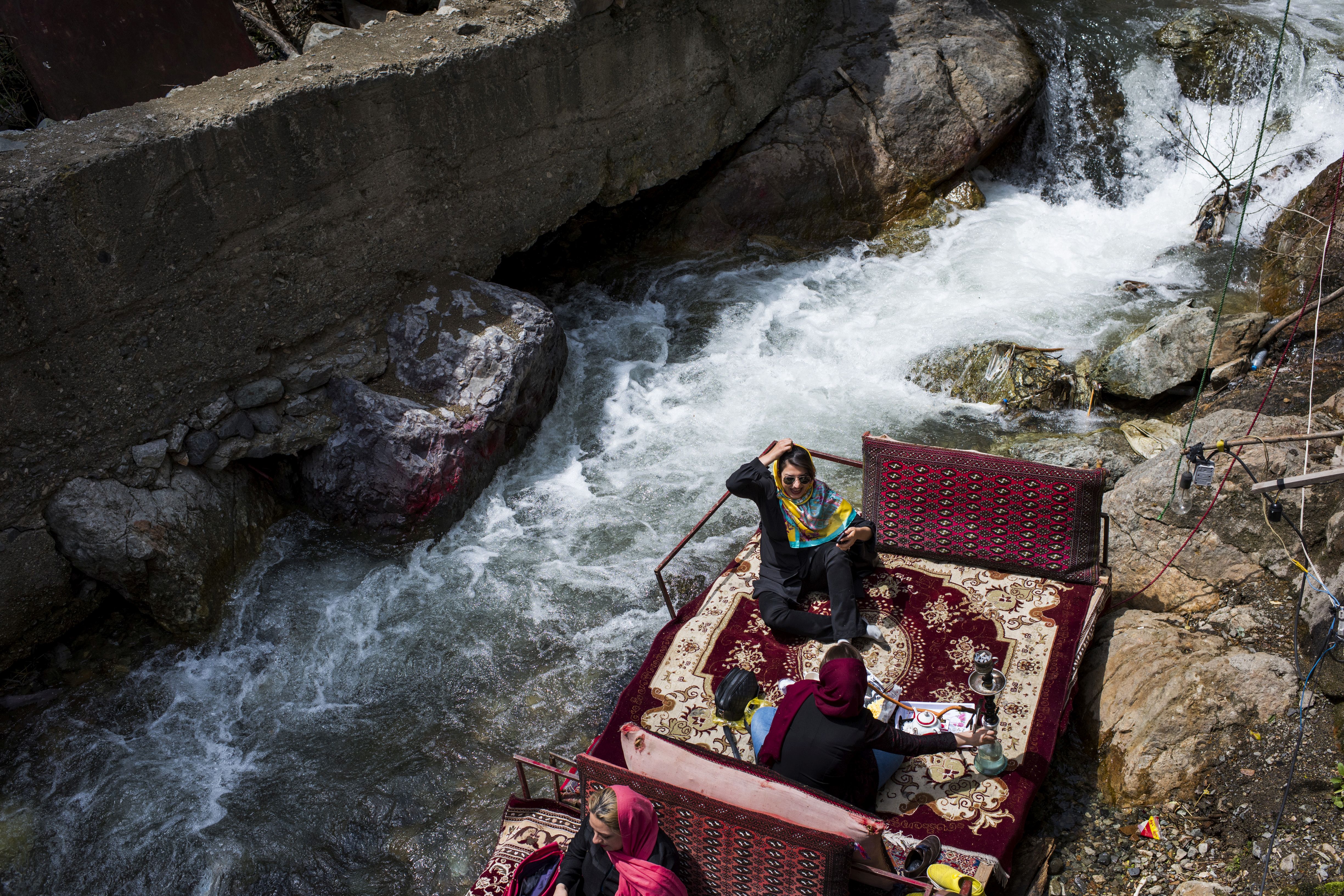
He arrived in Paris city of refuge in 2011. He has recently published a new graphic novel L’Araignée de Mashhad (the Mashhad spider) and frequently publishes cartoons with critical comments on how political and religious leaders suppress people in his homeland.
Article and Podcast will be released on Saturday 24 June.
Writers
Latest news
-
18.04.24
-
04.04.24
-
26.03.24
-
21.03.24
-
08.03.24
Orlando Luis Pardo Lazo. Cuba/Reykjavik
Zahl and Våga visited writer and photographer Orlando Luis Pardo Lazo, who fled Cuba and found freedom in Reykjavik – and they were received by Cuban dissidents in Havana.
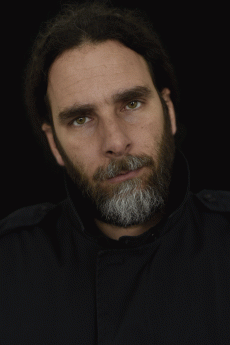
Ratan Kumar Samadder. Bergen/Bangladesh
They spent time in Bergen with blogger Ratan Kumar Samadder – and met his friends and colleagues in Bangladesh.
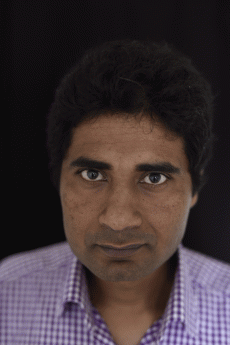
Khaled Harara. Gothenburg/Palestine
They visited the Palestinian rapper Khaled Harara in Gothenburg – and met his friends and familywho still lives inside Gaza.
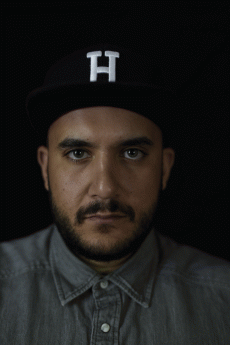
Sonali Samarasinghe. Ithaca, New York/Sri Lanka
They visited journalist and lawyer Sonali Samarasinghe who fled Sri Lanka in 2011, but who is now Sri Lanka's UN ambassador after great political changes.
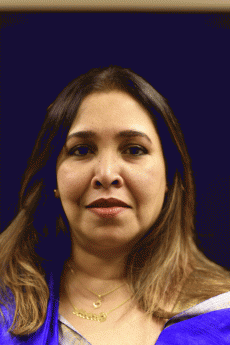
Mana Neyestani.
Paris/Iran
They met the Iranian cartoonist Mana Neyestani who found refuge in Paris – and visited the environment he left behind in Iran.
